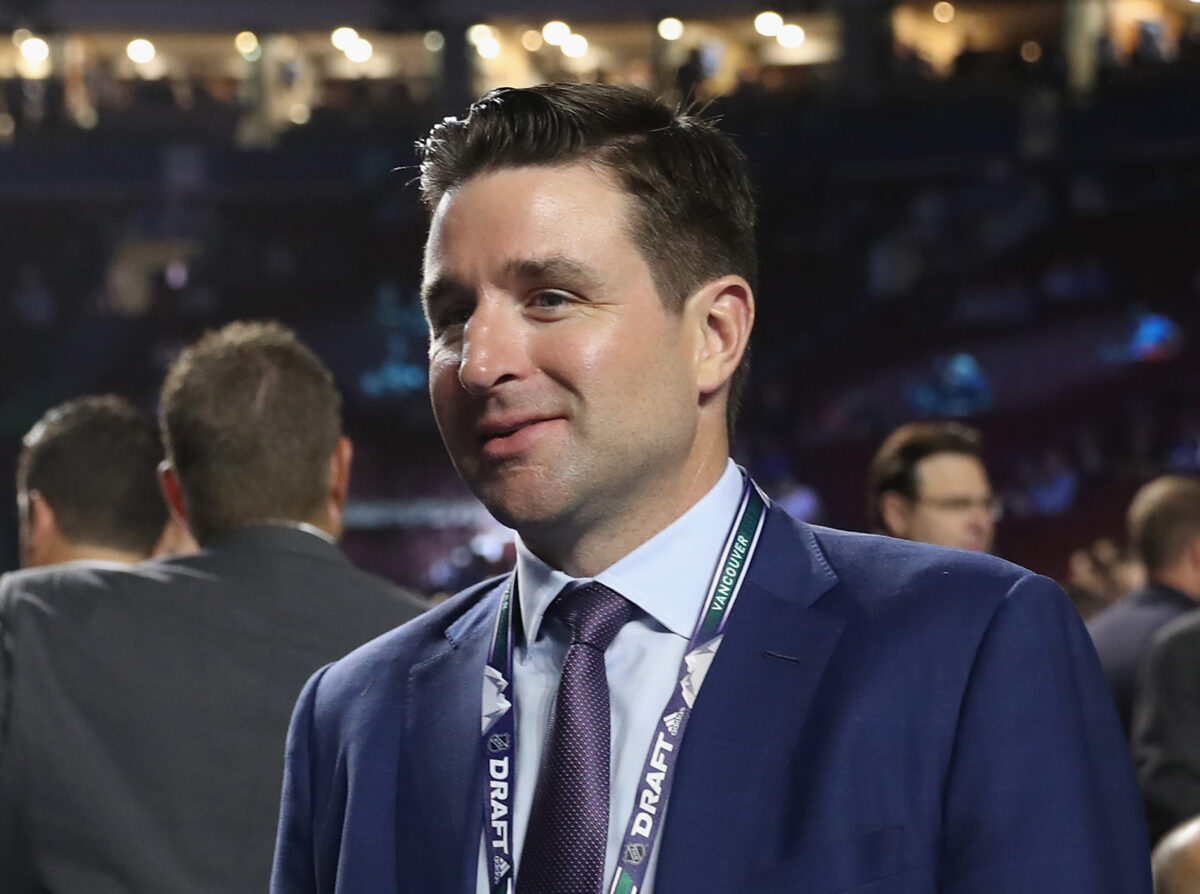

Chris Drury's tenure as the New York Rangers' General Manager is reaching a critical juncture. After a disappointing 2024-2025 season that saw the team miss the playoffs, despite winning the President's Trophy the year before, the pressure is mounting on Drury to orchestrate a successful offseason. His moves in the coming months will not only determine the team's immediate future but also define his legacy as the Rangers' GM.
Drury has already demonstrated a willingness to make significant changes. The firing of head coach Peter Laviolette, despite a prior Eastern Conference Final appearance, underscores his commitment to reshaping the team's direction. The subsequent hiring of Mike Sullivan signals a desire for a coach who can perhaps connect better with the core players and implement a system that fosters consistent success. This marks Drury's third coaching search in his relatively short tenure, raising questions about whether the coaches were the problem or if deeper issues exist within the team's composition and player buy-in.
Beyond the coaching change, Drury faces crucial decisions regarding the roster. Several key players, including Jacob Trouba, Kaapo Kakko, Filip Chytil, Ryan Lindgren, and Jimmy Vesey, were traded during the 2024-25 season, indicating a desire to revamp the team's core. While Drury signed a multi-year contract extension, ensuring his place with the organization for the foreseeable future, another season outside the playoffs could jeopardize his position.
One of Drury's biggest challenges is retooling the team without initiating a full-scale rebuild. With Igor Shesterkin locked in as the highest-paid goalie in the league, the Rangers are committed to competing for a Stanley Cup now. This necessitates a delicate balancing act: injecting new talent and energy into the lineup while maintaining a competitive core. The trade of Chris Kreider to the Anaheim Ducks freed up valuable cap space, giving Drury some financial flexibility to pursue impact players in free agency or via trade.
However, Drury must also address the performance of key players like Mika Zibanejad and Chris Kreider, who experienced a drop in production last season. Moving Zibanejad, with his full no-move clause, presents a significant hurdle. Convincing him to waive the clause would be necessary if Drury deems it essential to reshape the team's offensive core.
Ultimately, Drury's success this offseason hinges on his ability to identify and address the root causes of the Rangers' struggles last season. Whether it's finding the right coach, acquiring impactful players, or revitalizing the performance of existing stars, Drury's decisions will be under intense scrutiny. This is more than just an offseason; it's a defining moment for Chris Drury and his vision for the New York Rangers.